Automotive Cooler Size
Automotive Cooler Market Growth Projections and Opportunities
The automotive cooler market is a dynamic sector driven by various factors that influence its growth and evolution. This market, integral to the automotive industry, encompasses a range of cooling components such as radiators, intercoolers, and oil coolers, all crucial for regulating the temperature of vehicle systems. The dynamics of this market are shaped by technological advancements, regulatory standards, consumer preferences, and the overall health of the automotive industry.
Technological innovation is a key driver in the automotive cooler market. As automotive manufacturers strive to enhance vehicle efficiency, performance, and environmental sustainability, they continually invest in developing advanced cooling technologies. Innovations such as improved materials, heat exchange designs, and smart cooling systems play a pivotal role in meeting the industry's evolving demands. The pursuit of more efficient and compact cooling solutions not only satisfies consumer expectations but also drives healthy competition among market players.
Regulatory standards and environmental considerations significantly impact the automotive cooler market. Governments around the world are imposing stricter emissions regulations, prompting automotive manufacturers to design vehicles with more efficient cooling systems. Compliance with these standards is not only a legal requirement but also a competitive advantage for companies in the market. The push towards electric vehicles (EVs) further influences the dynamics of the automotive cooler market, as these vehicles require innovative cooling solutions to manage the unique thermal challenges associated with electric powertrains.
Consumer preferences and trends contribute to the dynamic nature of the automotive cooler market. As consumers increasingly prioritize fuel efficiency, sustainability, and performance, they indirectly influence the demand for advanced cooling technologies. The rise in popularity of electric and hybrid vehicles, as well as the growing interest in autonomous driving, introduces new requirements for cooling systems, creating opportunities for market players to cater to changing consumer needs.
The overall health of the automotive industry is a fundamental factor shaping the market dynamics of automotive coolers. Fluctuations in automotive production, sales, and global economic conditions directly impact the demand for cooling components. During periods of economic growth and increased vehicle sales, the demand for automotive coolers rises. Conversely, economic downturns or disruptions, such as the global events affecting supply chains, can lead to fluctuations in demand, impacting the dynamics of the market.
Global events and geopolitical factors also play a role in influencing the automotive cooler market. Trade tensions, supply chain disruptions, and changes in government policies can create uncertainties for automotive manufacturers and suppliers. These uncertainties may affect investment decisions, production plans, and, consequently, the demand for cooling components in the automotive industry.
In conclusion, the automotive cooler market is shaped by a combination of technological advancements, regulatory standards, consumer preferences, and the overall health of the automotive industry. Market players in this sector must stay attuned to these dynamic factors to remain competitive and responsive to the evolving needs of the automotive market. As the industry continues to advance, the automotive cooler market is likely to witness ongoing innovation, increased emphasis on sustainability, and adaptation to the changing landscape of transportation technologies.
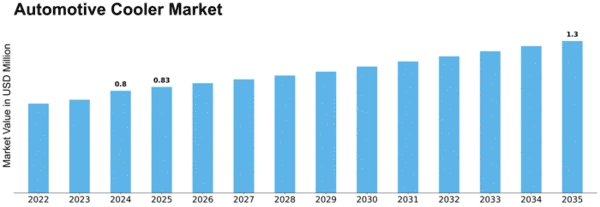


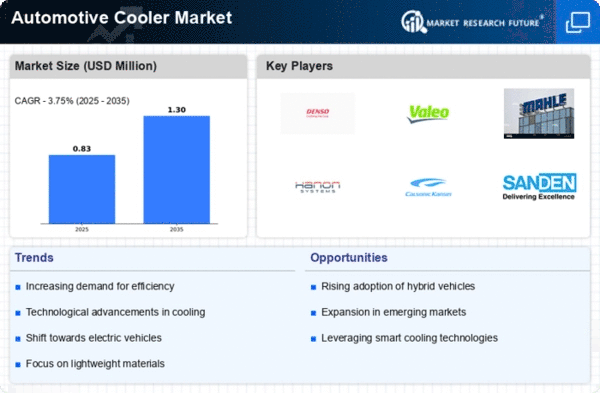
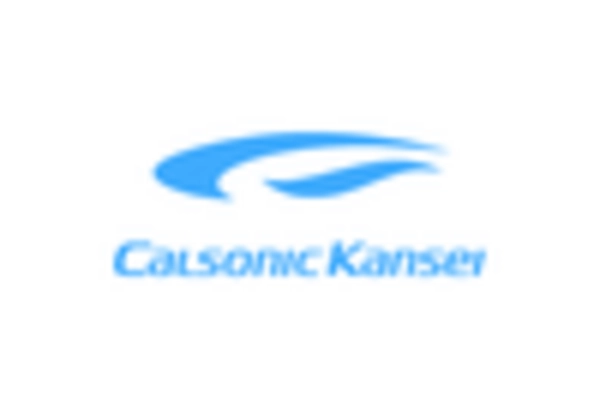

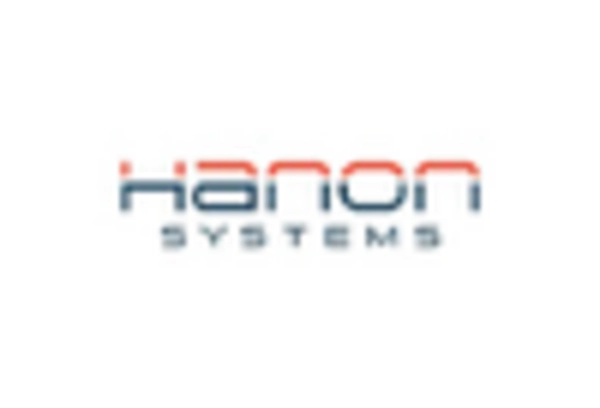
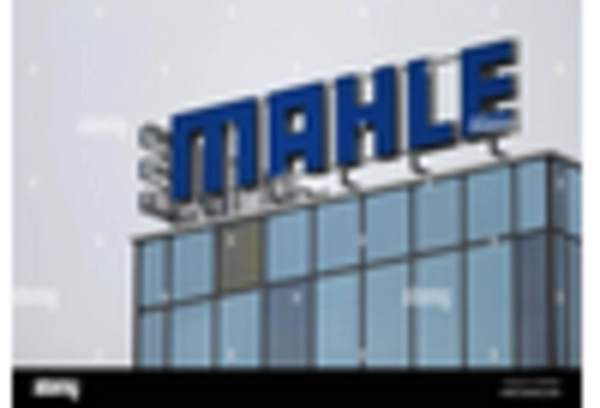
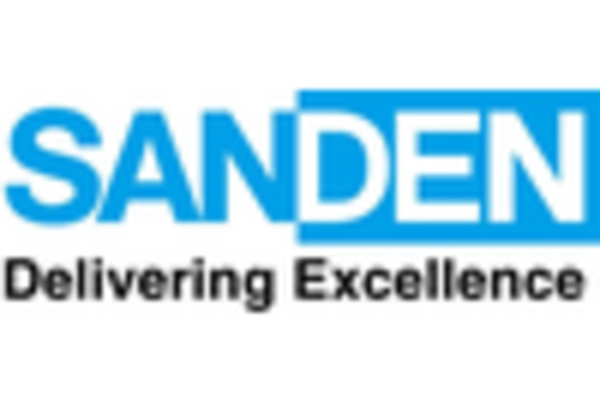
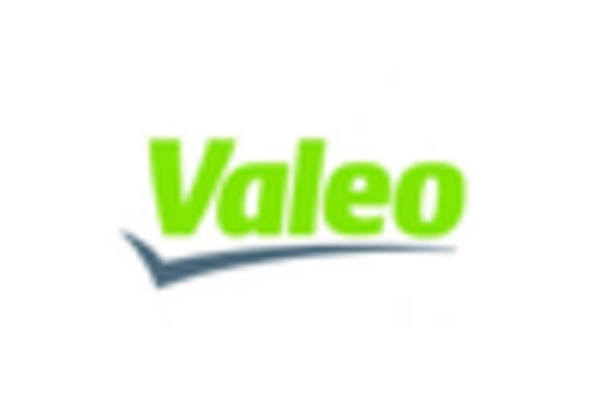









Leave a Comment